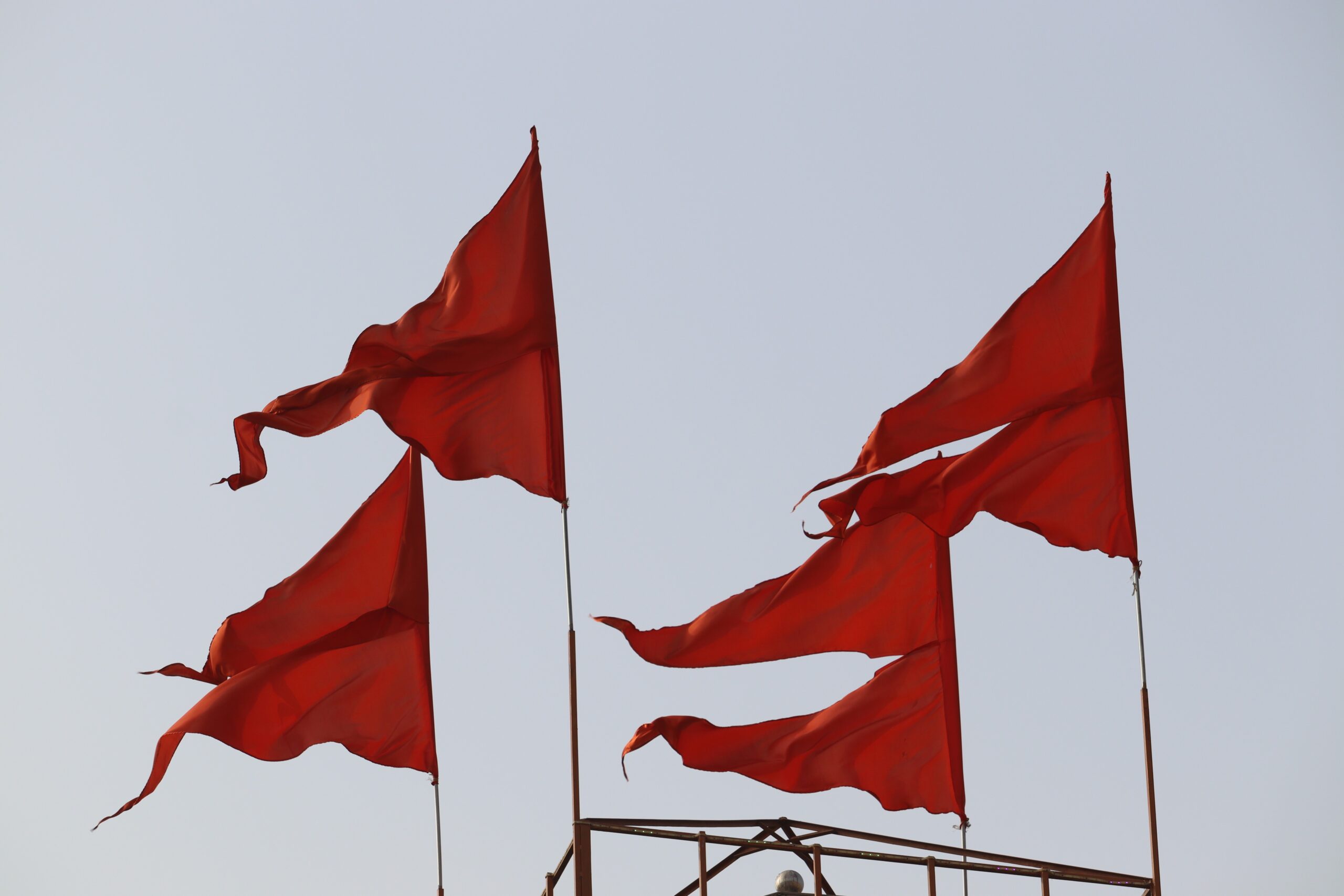
In the past decade, India has witnessed a troubling rise in Hindu supremacy, a trend that has begun to make significant inroads into global politics, including in the United Kingdom. This has had a profound impact, not only on Indian society but also on the diaspora communities and their interactions with the wider world. In response to this alarming trend, Hindus for Human Rights UK was founded 11 months ago, aiming to combat the growing tide of Hindu supremacy in Britain. With over a million Hindus in the UK, it is imperative to address this issue head-on and ensure that the community is represented in a manner that reflects its true values of inclusivity and peace.
A disturbing report by Byline Times reveals a complex network of Hindu right-wing organizations in the UK. Prominent among these are the Hindu Swayamsevak Sangh (HSS), the overseas wing of the Rashtriya Swayamsevak Sangh (RSS), and the Hindu Council UK. Additionally, the charity Sewa International has been implicated in funding violent communal attacks in Gujarat in 2002, highlighting the far-reaching influence of these groups. The 2002 Gujarat pogrom remains one of the most harrowing instances of communal violence in India, with over 1,200 people, primarily Muslims, losing their lives. Narendra Modi, then the Chief Minister of Gujarat and now the Prime Minister of India, has faced serious allegations of complicity, further underscoring the need for vigilance against such ideologies.
The impact of these organizations is not confined to India. In the UK, their influence has been felt acutely, particularly during the unrest in Leicester in August-September 2022. Violent confrontations between groups of Hindu and Muslim men erupted, driven by misinformation and bigotry propagated by Hindu supremacist groups. A comprehensive report on the Leicester unrest indicates that tensions were exacerbated by external influences, particularly those promoting Hindu nationalism. This violence exposed the deep-seated effects of years of divisive rhetoric and underscored the urgent need for countering these narratives.
The events in Leicester were not isolated. In April 2024, during the Hindu celebration of Ram Navami, Leicester witnessed a resurgence of Hindutva activity. A crowd carrying saffron flags and chanting incendiary slogans gathered on a street, evoking violent imagery against Muslims and Muslim culture in India. Such public displays of hate speech and violence are alarming and highlight the failure of the British government to address the issue of Hindu nationalism adequately.
The involvement of Hindu right-wing organizations in British politics has also been troubling. During the 2024 UK general election, these groups promoted a “Hindu Manifesto,” which garnered endorsements from over 20 parliamentary candidates across the political spectrum. The manifesto, created by various Hindu nationalist lobby organizations, aims to silence dissent within the community and protect the interests of India’s ruling BJP. It contains mischaracterizations and proposals that, if enacted, would hinder efforts to combat discrimination such as casteism and misogyny. Hindus for Human Rights UK has been vocal in rejecting this manifesto, asserting that it does not represent the true values of the Hindu community.
The rise of Hindu supremacy in the UK is part of a broader trend of global far-right and hate politics. It is crucial to ensure that there are progressive, inclusive representations of the Hindu way of life. Hindus for Human Rights UK is committed to this cause, advocating for a vision of Hinduism that embraces all religions, genders, sexualities, and respects the environment. This vision stands in stark contrast to the divisive and exclusionary ideologies promoted by Hindu supremacist groups.
The British government has a responsibility to address this issue head-on. Engaging in public conversations about the BJP’s human rights abuses and promoting unity among India’s diverse communities are essential steps. The government must also take a firm stance against hate speech and violence, ensuring that all communities feel safe and respected.
Rishi Sunak’s administration had an opportunity to address these issues during symbolic dates like India’s Republic Day and Martyrs’ Day, which commemorate Mahatma Gandhi’s assassination by an extremist Hindu nationalist. However, the government’s silence on these occasions and its failure to condemn hate speech during India’s election campaign reflect a reluctance to engage with these critical issues. A more proactive approach could have fostered greater awareness and reduced the influence of Hindu nationalist groups in the UK.
In conclusion, the rise of Hindu supremacy in the UK is a pressing issue that requires immediate attention. Hindus for Human Rights UK is playing a vital role in combating this trend, advocating for a compassionate and inclusive vision of Hinduism. It is imperative that the British government and society at large support these efforts, ensuring that the values of peace, inclusivity, and justice prevail. Only by addressing these challenges can we hope to create a society where all individuals, regardless of their background, feel valued and respected.
